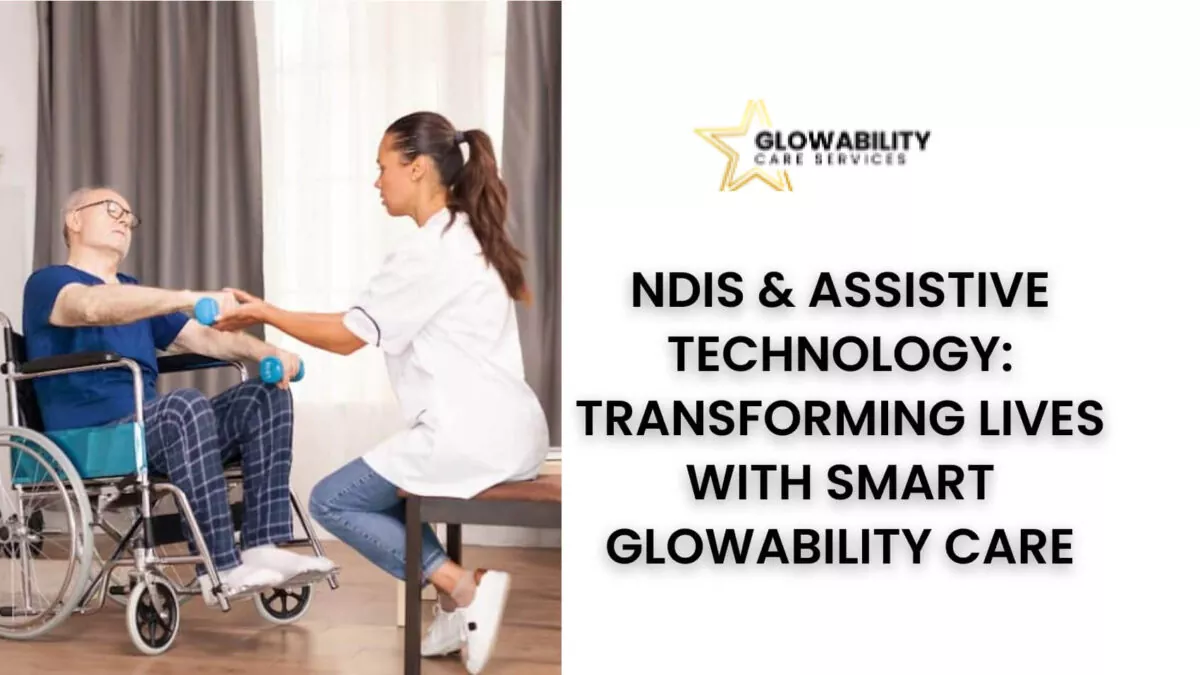
Unlocking NDIS: Eligibility and Pathways
June 21, 2023NDIS Planning Process: Creating a Personalized Plan for Enhanced Support Services
June 27, 2023Empowering Independence: NDIS and Assistive Technology
Assistive technology has revolutionized the lives of individuals with disabilities. Offering them newfound independence and opportunities for greater participation in society. In this blog article, we will explore the diverse range of assistive technology options available. Additionally, we’ll explore how the NDIS funds and supports access to life-changing assistive technology.
Understanding:
Assistive technology encompasses a broad spectrum of devices, equipment, and software designed to assist. As a result, people with disabilities in performing tasks, enhancing communication, and improving overall quality of life. These technologies can include mobility aids, communication devices, sensory supports, prosthetics, environmental control systems, and much more.
Navigating:
The NDIS acknowledges the transformative impact of adaptive technology. It provides funding and support to eligible individuals for accessing appropriate devices. Through a person-centered approach, the NDIS aims to ensure that participants have access to the adaptive technology. However, Subsequently, they need to achieve their goals and maximize their independence.
Accessing:
To access NDIS funding for adaptive technology, individuals must include it as part of their plan during the planning process. This involves discussing their needs and goals with the NDIS planner or Local Area Coordinator, who can guide them through the available funding categories and supports.
Categories of Assistive Technology Funding:
Under the NDIS, assistive technology funding falls into two primary categories:
1. Consumables: This category covers the ongoing supply and replacement of items like continence aids, hearing aid batteries, and other disposable or frequently used items essential to managing a participant’s disability-related needs.
2. Capital Supports: Capital supports funding is allocated for higher-cost assistive technology items that are more substantial or long-lasting, such as wheelchairs, communication devices, prosthetics, and home modifications.
Assessments:
To ensure appropriate and tailored funding, the NDIS may require participants to undergo assessments by qualified health professionals or accessibility aid specialists. These assessments help determine the specific needs, goals, and suitable devices or aids for each individual.
Working with Providers:
The NDIS works collaboratively with registered accessibility aid providers who are experienced in assessing, recommending, and supplying appropriate devices to participants. Engaging with these providers can simplify the process of selecting and acquiring the right assistive technology for an individual’s needs.
Monitoring and Reviewing:
The NDIS recognizes that accessibility aid needs can change over time due to growth, evolving needs, or technological advancements. Therefore, the scheme allows for periodic plan reviews to ensure that participants continue to have access to the most effective and appropriate assistive devices.
Conclusion:
Assistive technology has the power to break down barriers, promote independence, and enhance the overall well-being of individuals with disabilities. Through the NDIS, individuals can access vital funding and support to acquire the it that aligns with their specific needs and goals. By embracing the potential of it, the NDIS empowers individuals to thrive, actively participate in their communities, and live life to their fullest potential.




